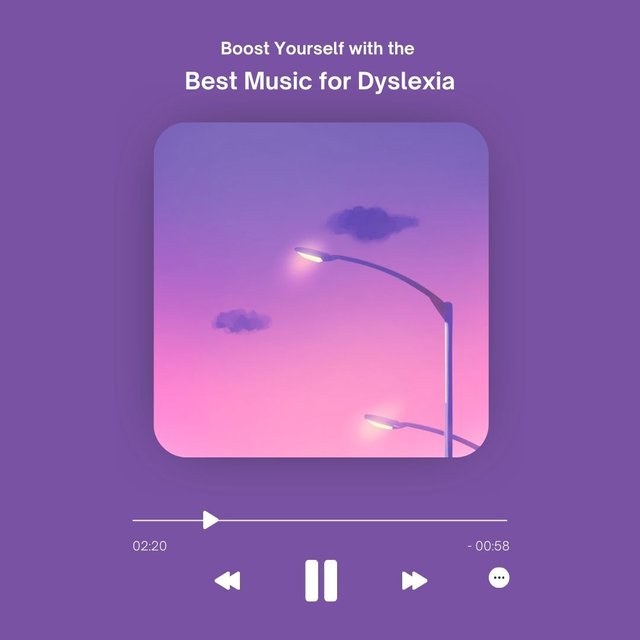Boost Yourself with the Best Music for Dyslexia

Dyslexia is a common learning difficulty that affects reading, writing, and spelling abilities. It can be challenging for individuals, especially students with dyslexia, to keep up with their peers in traditional educational settings. However, recent studies and anecdotal evidence suggest that music can play a transformative role in aiding those with dyslexia. By integrating music into learning routines, students can experience improved concentration, better memory retention, and reduced anxiety. Here's how the best music for dyslexia can help boost your learning experience.
The Science Behind Music and Dyslexia
Music therapy has been recognized as a powerful tool for cognitive and emotional support. For individuals with dyslexia, music can stimulate brain areas involved in language processing and auditory discrimination. Engaging with music helps create new neural pathways, which can improve phonological awareness—the ability to recognize and manipulate sounds in language.
How Music Helps Students with Dyslexia
Enhancing Phonological Skills:
Music, especially rhythm and rhyme, can improve phonological processing skills. Singing songs and practicing rhythms can help students with dyslexia break down words into smaller sounds, making reading and spelling easier.Boosting Memory Retention:
Melodic and rhythmic patterns in music can enhance memory retention. This is particularly beneficial for learning new vocabulary and mastering spelling rules. Listening to or singing along with educational songs can reinforce language concepts in a fun and memorable way.Improving Concentration and Focus:
Background music, particularly classical or instrumental, can help increase focus and concentration. It creates a calming environment that reduces anxiety and distraction, allowing students to concentrate better on their tasks.Reducing Anxiety:
Dyslexia often comes with a high level of anxiety and stress, particularly in academic settings. Music has a calming effect that can help reduce these negative emotions, creating a more positive and conducive learning environment.
Practical Tips for Integrating Music into Learning
Incorporate Educational Songs:
Use songs designed to teach phonics, vocabulary, and grammar. These songs can make learning interactive and enjoyable, helping students with dyslexia grasp language concepts more effectively.Create a Musical Study Environment:
Play soft, instrumental music in the background while studying or doing homework. This can help maintain focus and create a relaxed atmosphere.Use Rhythm and Rhyme:
Encourage students to clap or tap along to rhythms while reading or spelling out words. This multisensory approach can strengthen phonological processing skills.Engage in Musical Activities:
Encourage participation in musical activities like singing in a choir or playing an instrument. These activities can enhance auditory discrimination and memory skills.Leverage Technology:
Utilize apps and online resources that combine music with learning activities. Many educational platforms offer interactive musical games and exercises tailored for students with dyslexia.
Importance of Early Detection and Support
While integrating music into learning can significantly benefit students with dyslexia, it is crucial to identify the condition early. Conducting a dyslexia test for teenagers can help diagnose the issue promptly, allowing for timely intervention and support. Early detection ensures that students receive the necessary accommodations and resources to thrive academically and emotionally.
Conclusion
Music offers a unique and effective way to support students with dyslexia. By enhancing phonological skills, boosting memory retention, improving concentration, and reducing anxiety, the best music for dyslexia can transform learning experiences. Incorporating music into daily routines and educational activities can make a significant difference, helping students overcome challenges and achieve their full potential. Early detection through a dyslexia test for teenagers is also essential, ensuring that students receive the right support from the start. Embrace the power of music and watch as it helps boost learning and confidence for those with dyslexia.